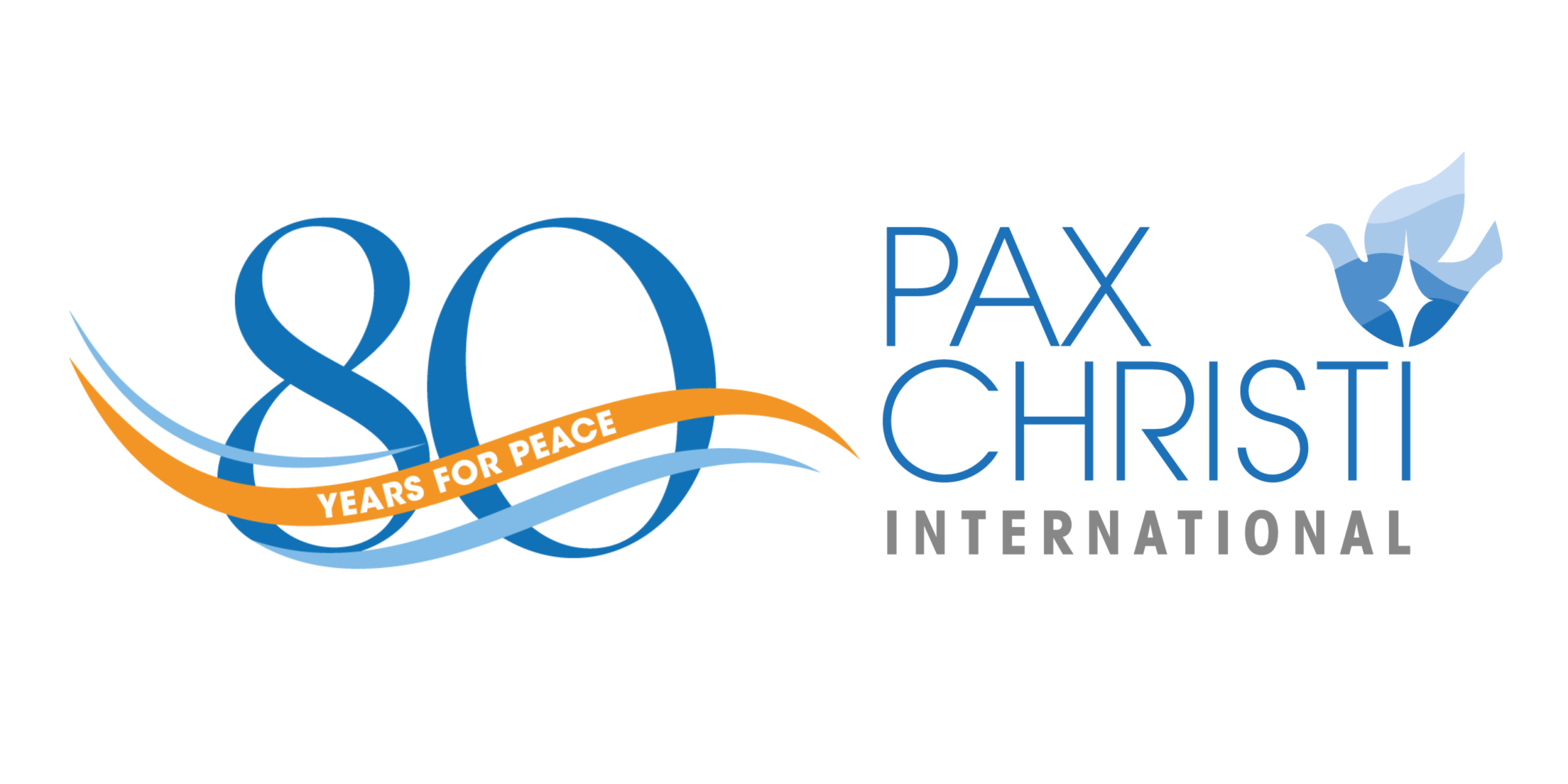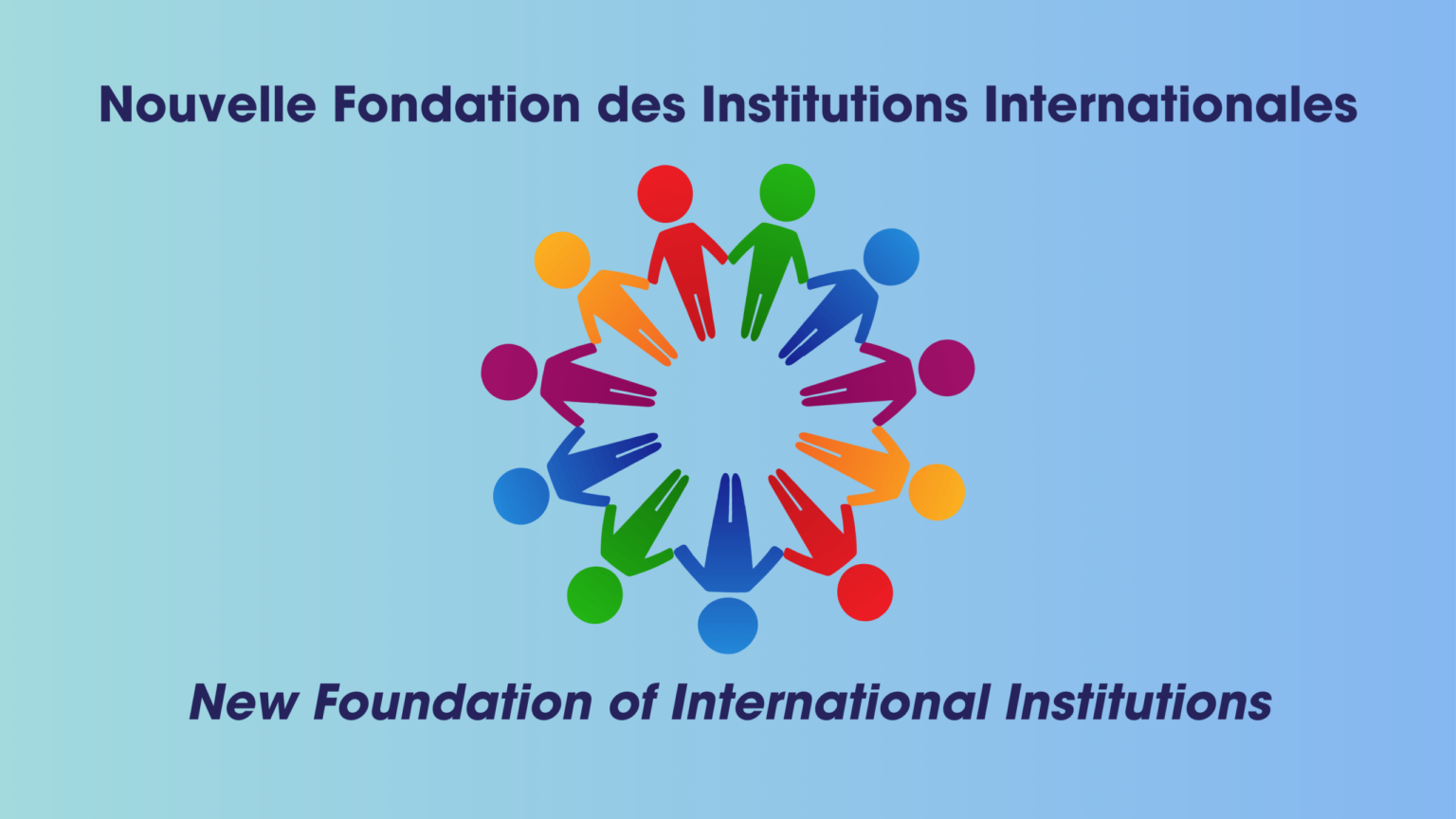Amid the diplomatic deadlock regarding the humanitarian situation in Gaza due to repeated blockages within the UN Security Council (SC), the idea of resorting to “Uniting for Peace” is resurfacing in certain think tanks, UN expert groups, and NGOs, notably the New Foundation for International Institutions Group and its numerous NGO supports (Pax Christi International, Mouvement de la paix, Chrétiens de la Méditerranée, MIAMSI, Pax Christi France, Pax Christi Flandres, Les Convivialistes, L’Université Européenne de la Paix, ANASTASIS, RJMP, and UTOPIA).
A relatively unknown yet not unprecedented initiative
The Uniting for Peace mechanism stems from UN General Assembly (GA) Resolution 377 (V) adopted on November 3, 1950, at the initiative of US Secretary of State Dean Acheson, in the context of the Korean War. The resolution authorizes the General Assembly to take over from the Security Council in its role of maintaining international peace and security, which it holds under Chapter VII of the UN Charter. More precisely, the implementation of the Acheson resolution allows the General Assembly to examine a situation and give recommendations for actions to maintain international peace and security in case of a Security Council blockage.
Redeployed notably during the 1956 Suez crisis where it led to a deployment of UN Peacekeepers, this procedure recently resurfaced in debates on Ukraine. Indeed, during the eleventh emergency special session of the GA on March 2, 2022, a resolution, directly falling within the framework of the 1950 Uniting for Peace resolution. was adopted, demanding that Russia immediately ceases using force against Ukraine and reaffirming commitment to UN Charter principles.
When idealism confronts juridical pragmatism
Faced with the unprecedented humanitarian crisis in Gaza, international UN experts and beyond are calling for mobilizing the 1950 resolution, counting notably on the support of the 145 States that have now recognized the State of Palestine, following France’s example during the last General Assembly on September 22, 2025, in New York. Implementing the Uniting for Peace resolution would limit the UN’s inability to enforce international law in Gaza, giving the GA the authority to make decisions during an emergency special session, thus overcoming Security Council blockages by permanent members and forcing them to face their responsibilities before all UN members.
However as the recent Ukraine example has shown, decisions made by the General Assembly within the Uniting for Peace framework remain mere recommendations as they are not legally binding. Nevertheless, although its effects are uncertain, such an initiative raises hope of breaking the current institutional deadlock regarding the humanitarian situation in Gaza and appeals the “international community” to hold its responsibilities in reaffirming the fundamental principles of international law, paving the way for efficient multilateral action in favour of peace.
An institutional paradox calling for a structural UN reform
Despite the hope it generates, the difficulty of implementing Uniting for Peace, its limited scope, and the absence of concrete steps in this direction during the last General Assembly, reinforce the necessity of a profound UN institutional reform.
In this context, the New Foundation Group works for a structural reform of the UN’s institutional architecture, proposing suspension of member States’ voting rights in the Security Council (and thus the “veto” of Article 27, paragraph 3) when this State is party to an armed conflict under Chapter VII of the UN Charter, or strengthening the role of the UN Secretary-General and General Assembly to overcome Security Council blockages on critical issues of international peace and security. The 13 proposals for an International Institutional Reform are available online on the Pax Christi International website and are open to signature in a petition form published on the French National Assembly website.
Ghislain LE RAY, Robert SIMON and Farah SAKR, for the New Foundation for International Institutions Group
________________________________________________________________________________________________
To learn more about the project and the proposals of the New Foundation initiative, click here
Amid the diplomatic deadlock regarding the humanitarian situation in Gaza due to repeated blockages within the UN Security Council (SC), the idea of resorting to “Uniting for Peace” is resurfacing in certain think tanks, UN expert groups, and NGOs, notably the New Foundation for International Institutions Group and its numerous NGO supports (Pax Christi International, Mouvement de la paix, Chrétiens de la Méditerranée, MIAMSI, Pax Christi France, Pax Christi Flandres, Les Convivialistes, L’Université Européenne de la Paix, ANASTASIS, RJMP, and UTOPIA).
A relatively unknown yet not unprecedented initiative
The Uniting for Peace mechanism stems from UN General Assembly (GA) Resolution 377 (V) adopted on November 3, 1950, at the initiative of US Secretary of State Dean Acheson, in the context of the Korean War. The resolution authorizes the General Assembly to take over from the Security Council in its role of maintaining international peace and security, which it holds under Chapter VII of the UN Charter. More precisely, the implementation of the Acheson resolution allows the General Assembly to examine a situation and give recommendations for actions to maintain international peace and security in case of a Security Council blockage.
Redeployed notably during the 1956 Suez crisis where it led to a deployment of UN Peacekeepers, this procedure recently resurfaced in debates on Ukraine. Indeed, during the eleventh emergency special session of the GA on March 2, 2022, a resolution, directly falling within the framework of the 1950 Uniting for Peace resolution. was adopted, demanding that Russia immediately ceases using force against Ukraine and reaffirming commitment to UN Charter principles.
When idealism confronts juridical pragmatism
Faced with the unprecedented humanitarian crisis in Gaza, international UN experts and beyond are calling for mobilizing the 1950 resolution, counting notably on the support of the 145 States that have now recognized the State of Palestine, following France’s example during the last General Assembly on September 22, 2025, in New York. Implementing the Uniting for Peace resolution would limit the UN’s inability to enforce international law in Gaza, giving the GA the authority to make decisions during an emergency special session, thus overcoming Security Council blockages by permanent members and forcing them to face their responsibilities before all UN members.
However as the recent Ukraine example has shown, decisions made by the General Assembly within the Uniting for Peace framework remain mere recommendations as they are not legally binding. Nevertheless, although its effects are uncertain, such an initiative raises hope of breaking the current institutional deadlock regarding the humanitarian situation in Gaza and appeals the “international community” to hold its responsibilities in reaffirming the fundamental principles of international law, paving the way for efficient multilateral action in favour of peace.
An institutional paradox calling for a structural UN reform
Despite the hope it generates, the difficulty of implementing Uniting for Peace, its limited scope, and the absence of concrete steps in this direction during the last General Assembly, reinforce the necessity of a profound UN institutional reform.
In this context, the New Foundation Group works for a structural reform of the UN’s institutional architecture, proposing suspension of member States’ voting rights in the Security Council (and thus the “veto” of Article 27, paragraph 3) when this State is party to an armed conflict under Chapter VII of the UN Charter, or strengthening the role of the UN Secretary-General and General Assembly to overcome Security Council blockages on critical issues of international peace and security. The 13 proposals for an International Institutional Reform are available online on the Pax Christi International website and are open to signature in a petition form published on the French National Assembly website.
Ghislain LE RAY, Robert SIMON and Farah SAKR, for the New Foundation for International Institutions Group
To learn more about the project and the proposals of the New Foundation initiative, click here



Leave A Comment